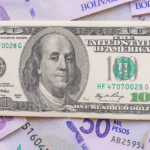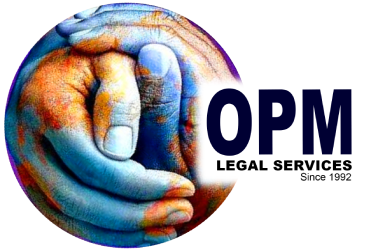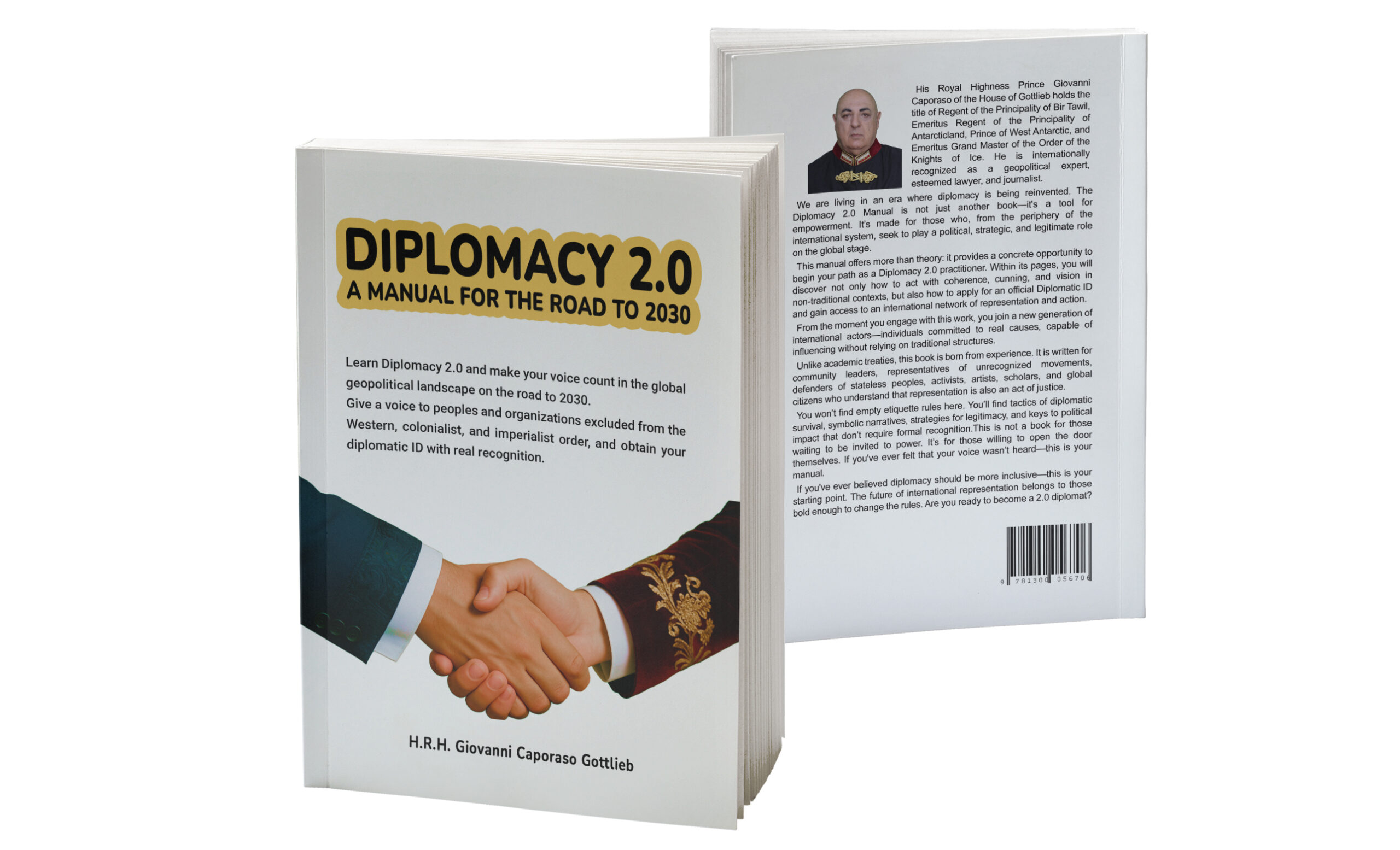
Geoarbitrage, Strategies and Destinations
17/07/2025
Living as a Digital Nomad with Total Freedom and 0% Taxes
22/10/2025
Discover how to obtain a diplomatic passport, its requirements, benefits, and alternative options to access exclusive international environments
For many people, to obtain a diplomatic passport means reaching an elite status that opens doors in the world of international relations. This document not only symbolizes recognition and prestige but also grants preferential access to events, authorities, and exclusive contexts. However, its issuance is subject to a rigorous process in which foreign ministries carefully examine the applicant’s background, reputation, and ability to generate tangible benefits for the issuing state.
Today, to obtain a diplomatic passport involves months of procedures, formal requirements, and an investment that can exceed €200,000, including donations, fees, and administrative costs. The high cost and commitment involved have led many to opt for alternative diplomatic credentials, which offer protocol courtesy treatment and access to international forums at a much lower cost and without the obligations of a permanent official position.
Those seeking to obtain a diplomatic passport must know that its full validity is only activated when the holder is officially accredited to a host country. This accreditation grants access to privileges recognized by the Vienna Convention of 1961, such as functional immunity and personal inviolability. Without accreditation, the passport retains mainly symbolic and representative value but lacks practical effects in terms of diplomatic protection.
Sometimes, instead of obtaining a diplomatic passport, it is more strategic to hold a diplomatic card or credential verified online and supported by an apostilled appointment letter. This option opens the doors to conferences, summits, and cultural, scientific, or commercial missions without having to assume a permanent diplomatic role.
International Protocols and Courtesy Benefits
For those who succeed in obtaining a diplomatic passport, it is essential to know and respect international protocols. This document allows the holder to officially represent a state in high-level missions and events, but it demands conduct aligned with the position, limiting freedom of action and requiring the fulfillment of official duties even in unforeseen contexts.
In some cases, obtaining a diplomatic passport is not essential to enjoy the benefits offered by courtesy diplomacy. There are credentials that grant access to VIP areas, participation in private meetings with authorities, and opportunities to build relationships with political and business leaders — all at a much lower cost and without a lifelong diplomatic commitment.
Before starting the process to obtain a diplomatic passport, it is advisable to assess objectives, budget, and professional outlook. Because the passport is tied to an official position, it can generate visibility that is not always desired and, in certain geopolitical contexts, even stricter scrutiny at borders and customs.
One of the attractions of obtaining a diplomatic passport is access to exclusive international networks. However, this benefit comes with mandatory missions and, in some cases, frequent travel that can interfere with other professional or personal activities. Conversely, more flexible diplomatic credentials allow you to choose which events to attend and under what conditions.
In terms of continuity, obtaining a diplomatic passport is not always a long-term guarantee, as its validity may be compromised by political changes or the breakdown of bilateral relations. For those who require a constant presence in forums and international missions, renewable credentials with lower revocation risk are safer.
It is also relevant to note that by obtaining a diplomatic passport, one may be classified as a Politically Exposed Person (PEP), which involves greater financial and compliance checks. If the goal is visibility and access without the burden of that category, an alternative credential may be a more convenient route.
Requirements to obtain a Diplomatic Passport vs. a Diplomatic ID
The requirements to obtain a diplomatic passport include an official appointment by a ministry of foreign affairs, accreditation to a host country, proven experience in international representation, and a spotless legal record. In addition, it is mandatory to pass KYC and AML verification processes to confirm identity, source of funds, and the absence of links to illicit activities.
In many cases, obtaining a diplomatic passport is not the only way to be involved in cooperation, development, or cultural promotion projects. An official mission letter, a solid professional profile, and a verified credential can provide sufficient recognition in numerous international contexts.
The desire to obtain a diplomatic passport remains strong among entrepreneurs, philanthropists, and opinion leaders who wish to strengthen their global projection. However, beyond prestige, the real value of the document lies in its strategic use and in the holder’s ability to take advantage of it within a legal and protocol framework.
Those who manage to obtain a diplomatic passport must use it prudently, avoiding invoking privileges in inappropriate situations and understanding its limits outside the country of accreditation. Public image and personal reputation are key factors in the effectiveness of this instrument.
In summary, obtaining a diplomatic passport is an ambitious goal that requires resources, experience, and commitment to official representation. For those seeking quick results, controlled costs, and greater flexibility, alternative diplomatic credentials offer effective access to elite settings, often replicating the benefits of an official passport without its limitations.
Do you need clear and confidential guidance to obtain a diplomatic passport or a representation credential? Schedule a personalized consultation via WhatsApp at +507 833 9512 or email us at info @ 5078339512.com. We will assess your profile, KYC/AML requirements, and international goals, and propose the most efficient route — with timelines, costs, and specific steps — to maximize results and minimize risks, always with the utmost professional confidentiality.





